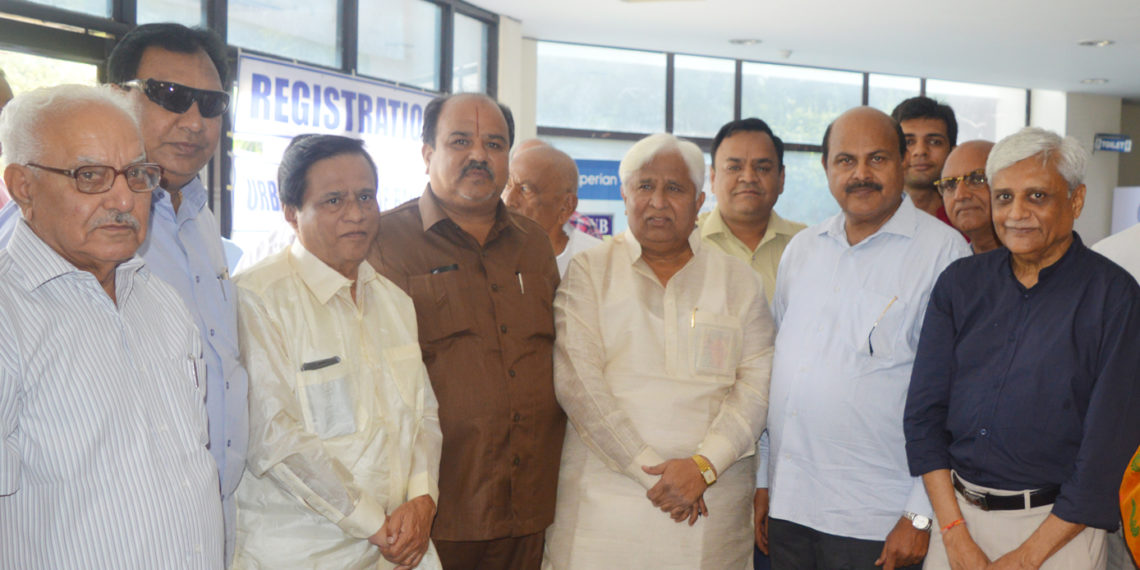Soon after the Pune based UCBs opposed the Banking Regulation (Amendment) Ordinance of 2020, two urban cooperative banks of Tamil Nadu have also questioned the constitutional validity of the amendment in the Madras High Court.
Several senior co-operators Indian Cooperative talked to, however, felt that the opposition to the Amendment in BR Act has its genesis in the cooperative politics of the state. Since the amendment would be applicable to all those entities which have been granted license from the RBI, the leaders of co-op banks are opposed to it, they aver.
Since the beginning cooperative banks (distinct from urban cooperative banks) have been the fiefdom of the ruling party of the state which has controlled them the way it liked. The current Ordinance would change all this, they underlined.
Those keeping eyes on the development in this sector say that the major opposition to the Ordinance has come from Sharad Pawar and Mamata Banerjee. Since Pawar himself is a child of sugar co-operative politics which has largely been funded by the DCCBs, his opposition to the amendment is but natural, experts stated.
West Bengal Chief Minister has been more direct and instead of demanding the rescinding of the whole of the Ordinance, she only wanted the co-op banks which include state co-op banks and DCCBs to be kept out of the purview of the new Ordinance.
Funded and monitored by Nabard, co-op banks had been standing in good stead for the ruling dispensation which would manipulate state politics by offering loans through them to the farmers and waiving off the same as and when it became politically expedient.
Though some vested interests even in the UCB sector cannot be ruled out, the vast majority is in favour, say experts. They quoted the issue of one vote per member-the cardinal principle of co-operative and said the amendment does not talk about any dilution of this principle and yet a section of people try to prove the other way around.
When Indian Cooperative approached Nafcub President to know his comment, Jyotindra Mehta said he does not yet know the basis of disagreement. “I do not have the text to react”, he said emphasising that the one vote one-person principle has not been violated.
Referring to the two UCBs of Tamil Nadu namely Big Kanchipuram Cooperative Town Bank Ltd and Velur Cooperative Urban Bank, Mehta said he does not know them and they have not forwarded any written text to Nafcub.
“They may be part Nafcub’s General Body but since for many decades co-operatives in Tamil Nadu have been run by govt employees without any election, their priorities are different from that of a grounded co-operator”, he concluded.
Madras High Court, meanwhile, has asked the Centre and RBI to file their counter affidavits to the petitions by two cooperative banks in Tamil Nadu questioning the constitutional validity of some sections of the Banking Regulation (Amendment) Ordinance of 2020.
In the petition the cooperative banks argued that the subject matter falls exclusively within the competence of the State Legislature. The next hearing in the case will take place on September-1.





















































